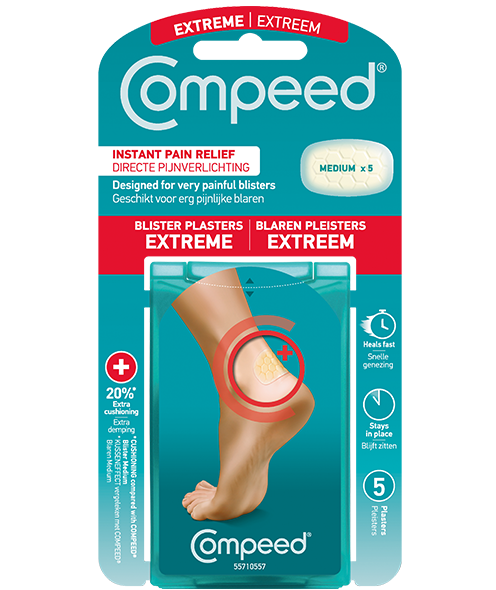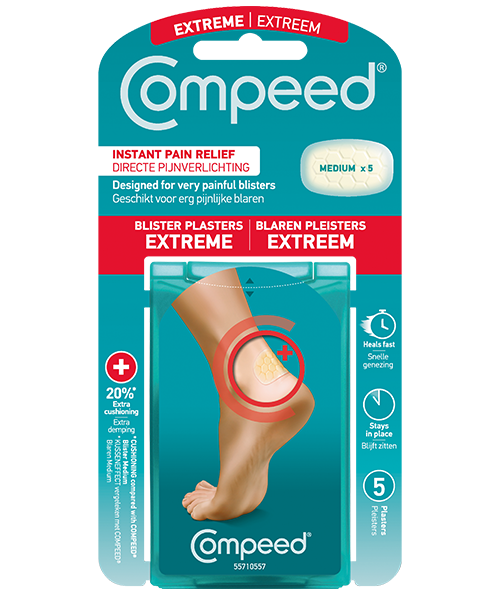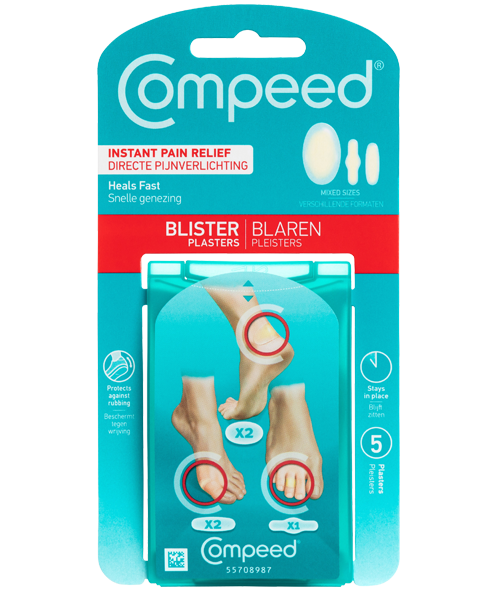The arrival of a new year often marks a fresh beginning, a time when people around the world make resolutions and set goals to improve their lives. Among the most common New Year’s resolutions is a commitment to achieving better health.
Whether it’s losing weight, eating better, getting in shape, or simply leading a healthier lifestyle, January provides an opportunity for a clean slate and a renewed focus on well-being. In this article, we’ll explore tips for a successful start to the new year on your journey to a healthier you.


- Set clear and achievable goals
The first step in any successful health journey is to set clear and achievable goals. Vague resolutions like “get healthier” or “lose weight” are less likely to lead to real progress. Instead, be specific about what you want to accomplish. For example, you might set a goal to lose a stone in the next six months or to run a 5K by the start of spring. Specific goals give you a clear target to aim for and can help you stay motivated. - Create a realistic plan
Once you have defined your health goals, it’s essential to create a realistic plan for achieving them. Consider the specific steps you’ll need to take to reach your objectives. If you’re aiming to eat healthier, for instance, plan your meals, make a grocery list, and prep your food in advance. If exercise is part of your plan, schedule regular workouts and find an activity you enjoy to increase your chances of sticking with it. Beginner runners often - Prioritise consistency over perfection
It’s easy to become discouraged when you don’t meet your health goals perfectly every day. However, it’s important to remember that consistency is more critical than perfection. You’re likely to have days when you slip up or don’t follow your plan exactly. Don’t be too hard on yourself. What matters most is your overall commitment to your health journey and your ability to get back on track after setbacks. - Seek support and accountability
Going on a health journey can be more enjoyable and successful when you have support and accountability. Share your goals with a friend or family member, or consider joining a group with similar objectives. If you’re getting into running, we can thoroughly recommend parkrun who run free events catering to all abilities, every weekend. Having someone to share your challenges and triumphs with can make a significant difference in staying on track. - Track your progress
Monitoring your progress is a valuable tool for staying motivated and making necessary adjustments to your plan. Use a journal, app, or fitness tracker to record your daily activities, food intake, and other relevant information. Seeing how far you’ve come can provide a sense of accomplishment and inspire you to keep pushing toward your goals. - Make sustainable changes
One of the most common mistakes people make with New Year’s resolutions is making drastic, unsustainable changes to their routines. Rapid, extreme shifts in lifestyle are often difficult to maintain in the long run. Instead, focus on making gradual, sustainable changes. Small, consistent improvements are more likely to become lasting habits that contribute to your overall health and well-being. - Embrace a balanced diet
A crucial aspect of any health journey is a balanced diet. Strive to include a variety of foods in your meals, emphasising fruits, vegetables, lean proteins, whole grains, and healthy fats. Limit your intake of processed foods, sugary beverages, and excessive amounts of saturated and trans fats. Remember that a healthy diet isn’t about deprivation; it’s about making choices that support your well-being. - Stay hydrated
Proper hydration is often overlooked but is vital for maintaining good health. Water is essential for digestion, circulation, temperature regulation, and overall body function. Aim to drink enough water throughout the day, and consider replacing sugary beverages with water or herbal teas to reduce your calorie intake and stay hydrated. - Incorporate physical activity
Regular physical activity is a cornerstone of a healthy lifestyle. Find a form of exercise that you enjoy, whether it’s walking, cycling, dancing, or a team sport. Aim for at least 150 minutes of moderate-intensity aerobic activity or 75 minutes of vigorous-intensity aerobic activity per week, combined with muscle-strengthening exercises on two or more days. Exercise not only helps with weight management but also boosts your mood, reduces stress, and improves overall health. - Prioritise sleep
Quality sleep is often underestimated in its importance to health. Lack of sleep can affect your mood, cognitive function, and physical health. Aim for seven to nine hours of quality sleep each night to allow your body to rest, recover, and regenerate. Establish a consistent sleep routine and create a sleep-conducive environment to support your rest.


- Manage stress
Stress can have a significant impact on your health, both mentally and physically. Incorporate stress management techniques into your daily routine, such as mindfulness meditation, deep breathing exercises, yoga, or time spent in nature. Reducing stress can improve your overall sense of well-being and make it easier to stay on track with your health goals. - Practice self-kindness
Be kind to yourself throughout your health journey. It’s normal to face challenges and setbacks, but self-compassion can help you stay motivated and resilient. Treat yourself with the same kindness and understanding that you would offer a friend going through a similar experience. - Use tools and resources
Utilise tools and resources that can support your health journey. There are lots of free apps and online guides, as well as fitness trackers that can provide guidance, track your progress, and offer motivation. Be sure to keep a close eye on the Compeed blog where we regularly share tips and advice on running and staying fit in general. - Learn from your mistakes
Whether you push yourself too hard in the gym causing an injury or fall off the fitness wagon altogether, mistakes are a natural part of any journey to better health. Instead of dwelling on them, use them as learning opportunities. Reflect on what caused the setback and what you can do differently in the future to prevent a recurrence. - Celebrate your achievements
From setting a new a PB to hitting a target weight, As you progress on your health journey, don’t forget to celebrate your achievements, no matter how small they may seem. Recognising and celebrating your successes can provide motivation to continue working towards your goals. - Stay informed
Health and wellness are dynamic fields with new information and research emerging regularly. Stay informed about the latest developments in nutrition, fitness, and well-being. Knowledge can empower you to make informed decisions about your health. - Be patient
Remember that real, lasting change takes time. Your health journey is a marathon, not a sprint. Be patient with yourself and stay committed to your goals even when results may not be immediate. Over time, your efforts will pay off. - Seek professional guidance
If you’re unsure about the best approach to your health goals or have specific health concerns, consider seeking professional guidance. A registered dietitian, personal trainer, or healthcare provider can provide personalized recommendations and support. - Recruit a buddy
Finding a workout or health buddy can make the journey more enjoyable and hold you accountable. Team up with a friend, family member, or colleague who shares your health goals and support each other in achieving them. - Enjoy the process
Ultimately, your health journey should be enjoyable. Find ways to make it fun and engaging. Try new recipes, explore different types of exercise, and focus on the positive changes you’re making in your life. When you enjoy the process, you’re more likely to stick with it in the long term.
In conclusion, embarking on a journey to better health in the new year is a noble and achievable ambition.
By setting clear objectives, creating a realistic plan, and prioritising consistency and self-compassion, you can set yourself up for success. Remember that it’s not about being perfect but about making sustainable changes that lead to a healthier, happier you. With the right mindset, support, and resources, you can make your health resolutions a reality and enjoy a successful start to 2024.



















